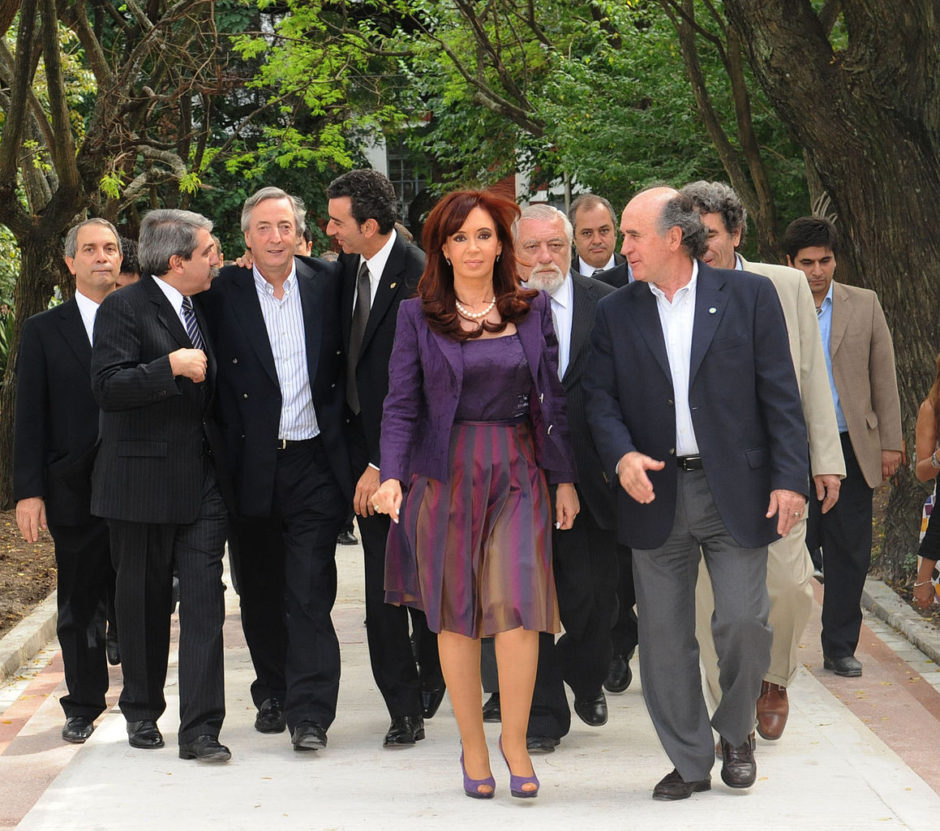The worst antisemitic terrorist incident in decades remains mired in a web of deceit and coverups. The bombing that killed 85 people and injured more than 300 in Buenos Aires’ Jewish community center on July 18, 1994 is still shrouded in mystery.
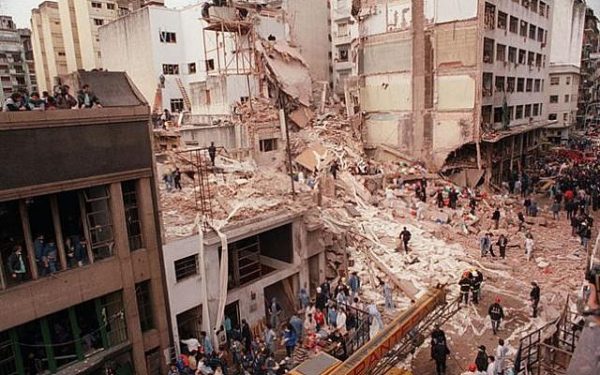
Last week, a court in Buenos Aires — the capital of Argentina — sentenced eight people convicted of involvement in the case to relatively short prison terms. Five other defendants, including Argentina’s former president, Carlos Menem, were acquitted.
It could be said their sentencing represented a sliver of light in an otherwise dark landscape. On balance, though, the trial was hardly a breakthrough. Two compelling questions still command the attention of the relatives of the victims: Who was behind a crime of such magnitude, the worst since the Holocaust? And what impelled the perpetrators to launch this heinous attack?
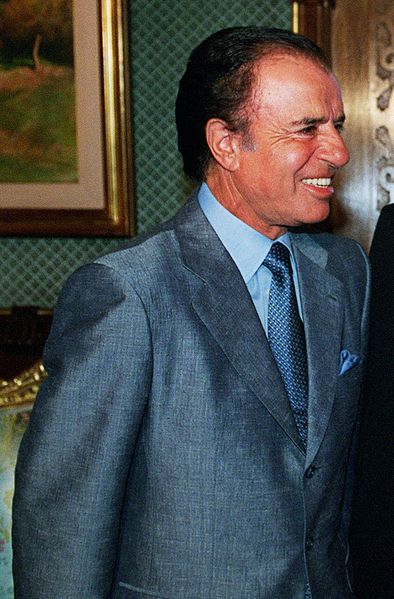
These raw and painful questions will haunt Argentina’s Jewish community, the largest in Latin America, for decades to come. But at least Argentinian Jews can take solace from the fact that, for the first time, several high-profile officials were held criminally accountable for their respective roles in blocking a credible resolution of the bombing. In short, there are guilty of obstructing justice.
Of these, the most prominent official is Juan Jose Galeano, the first judge to investigate the massive explosion that levelled the Jewish community building. He received a six-year prison sentence. While admitting he had made “mistakes,” he proclaimed his innocence.
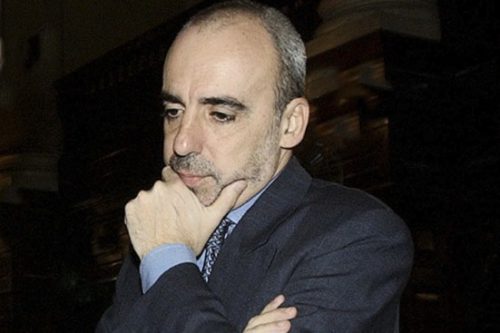
Galeano, who was supposedly pressured by Menem to squelch the investigation, was impeached and removed from his post in 2005, accused of seriously mishandling it. Galeano reportedly paid a witness $400,000 to change his testimony and burned incriminating evidence.
Later that year, President Nestor Kirchner, citing the case as a “disgrace” to Argentina’s reputation, formally admitted that previous Argentine governments had withheld crucial information that could have resolved the case. Kirshner’s admission prompted Cardinal Jorge Mario Bergoglio, currently Pope Francis, to sign a petition calling for justice.
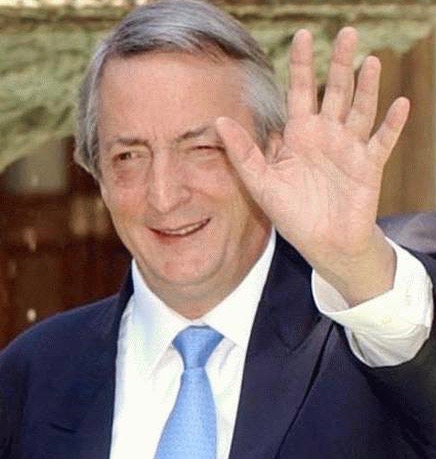
As these troubling events unfolded, special prosecutor, Alberto Nisman, charged a 21-year-old Lebanese citizen, Ibrahim Hussein Berro, with having been the suicide bomber who snuffed out so many lives. According to Nisman, he belonged to Hezbollah, a Lebanese militia closely aligned with Iran.
Hezbollah and Iran, as well as Islamic Jihad, had already been implicated in the March 17, 1992 bombing of the Israeli embassy in Buenos Aires, an attack that claimed the lives of 29 people and injured more than 250 others. Among the victims were Israeli diplomats, children and members of the clergy from a church across the street.
In 2006, Nisman and his colleague, Marcelo Martínez Burgos, formally accused Iran of directing the bombing and Hezbollah of carrying it out.

Four years ago, Nisman filed a 300-page document accusing the then-president, Cristina Fernandez de Kirchner of covering up Iran’s role in the incident. In 2015, Nisman was found dead in his flat a few hours before he was due to testify against her in Congress.
Nisman had intended to prosecute five Iranian officials, including the former Iranian president, Akbar Hashemi Rafsanjani. Kirchner, however, sidelined him by signing a memorandum of understanding in 2013 with Iran for a joint investigation, a course of action that Jewish community leaders denounced. Nisman claimed that she and her foreign minister, Hector Timmerman, sought oil and trade benefits from Iran.
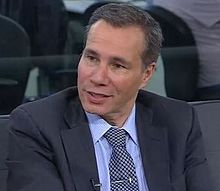
The memorandum was declared unconstitutional by the Supreme Court in 2014.
In 2017, Judge Claudio Bonadio accused Kirchner, now a senator, of high treason and urged the senate to arrest and place her on trial. A date has yet to be set for a trial, which, if it takes place, could cause shock waves.
The plot thickened last year when a federal judge, Julian Ercolini, ruled that Nisman’s death was a murder rather a suicide, as some had suspected.
It’s clear that this convoluted case, which should have been solved years ago, will be a hard nut to crack.
